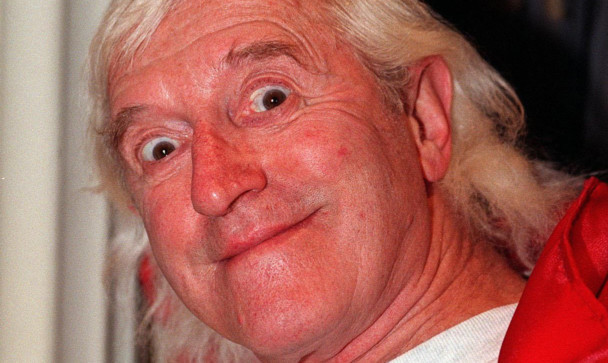Victims of Jimmy Savile have called for a single judge-led inquiry into how the former DJ was able to evade justice for so long.
Alan Collins, the lawyer representing around 60 people who reported being abused by Savile, said he feared an opportunity could be “missed” by all the other investigations into Savile.
He said there should be one inquiry led by a High Court judge with “considerable” experience in criminal law who would have access to all the work undertaken by the other investigations.
“We have a number of inquiries under way at the moment there must be at least a dozen. We have got the BBC being investigated, the NHS, various hospitals, and … we have the police and Crown Prosecution Service,” he told BBC Breakfast.
“There are a lot of inquiries under way at the moment and the concern is, whilst individually they may do an excellent job … those who are investigating are not necessarily benefiting from the other investigations, so they are all doing their own thing as it were, and the victims feel that an opportunity may be lost because we really do need to know not just about the extent of Savile’s offending although that is pretty clear.
“It is about really, how and why. How was Savile able to abuse so many children and young people over so many decades?”
Allegations about Savile, who died in 2011, began to emerge following an ITV expose in October 2012 in which several women said they had been abused by him.
Two separate reports published almost exactly a year ago said Savile was “a prolific, predatory sex offender” who could have been prosecuted for offences against at least three victims while he was alive.
The disgraced TV presenter used his celebrity status to “hide in plain sight”, with 214 criminal offences recorded against him across 28 police forces, a report by Scotland Yard and the NSPCC found.
Mr Collins said in the 1980s there was a debate within government over whether Savile should be given a knighthood.
“The prime minister at the time, Margaret Thatcher, was quite keen for Savile to be knighted because of his charitable work. The Civil Service was advising her ‘hold back’ because they were concerned by media reports in the early 1980s about Savile’s lifestyle and, in particular, claims apparently made by him about his private life but also about being able to fix things in a not necessarily very pleasant way.
“Those concerns were there and it begs the question why on earth, in the 1980s there were these concerns, Savile was allowed to work in NHS hospitals and appear on BBC programmes geared to a young audience.”
NSPCC helpline director Peter Watt said: “It is only by looking at what went catastrophically wrong, over several decades, that we can learn lessons.”
